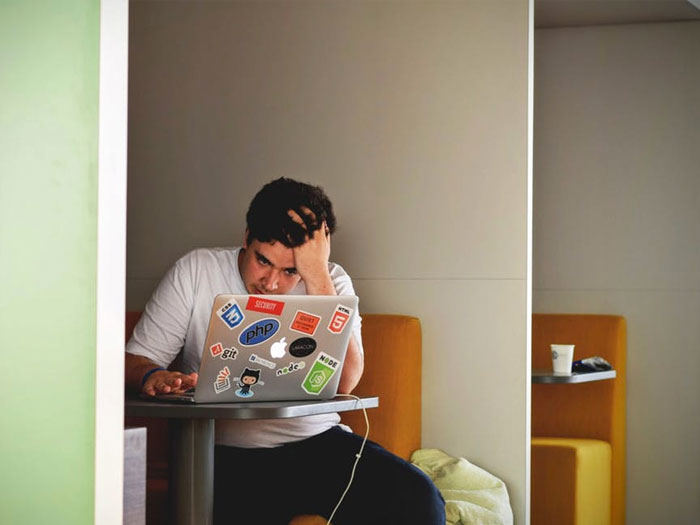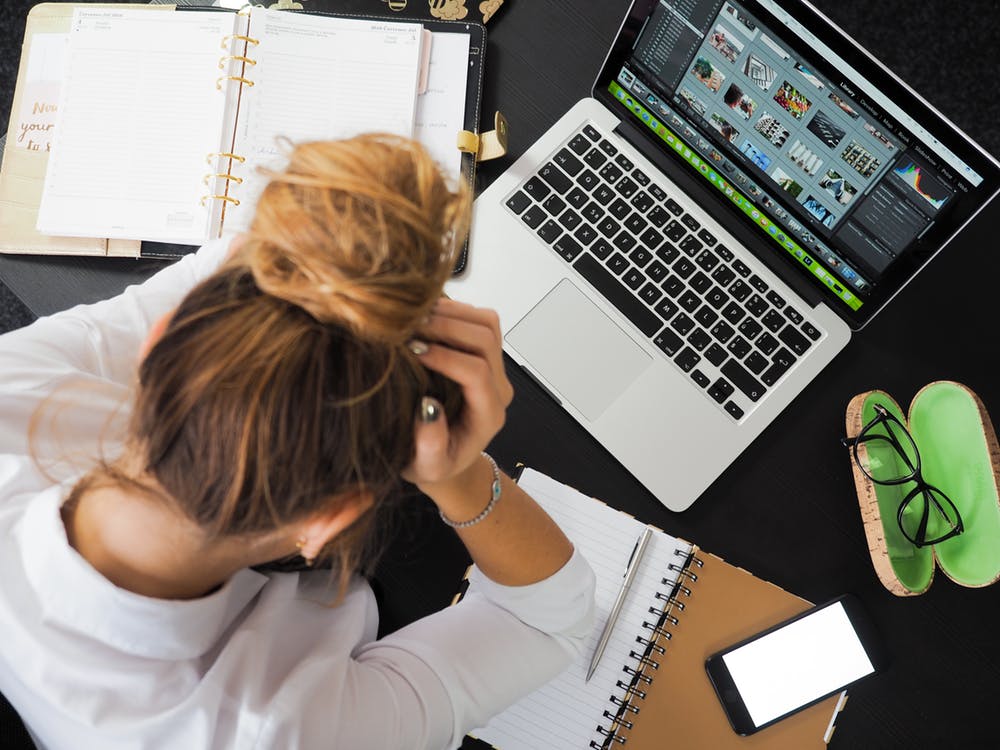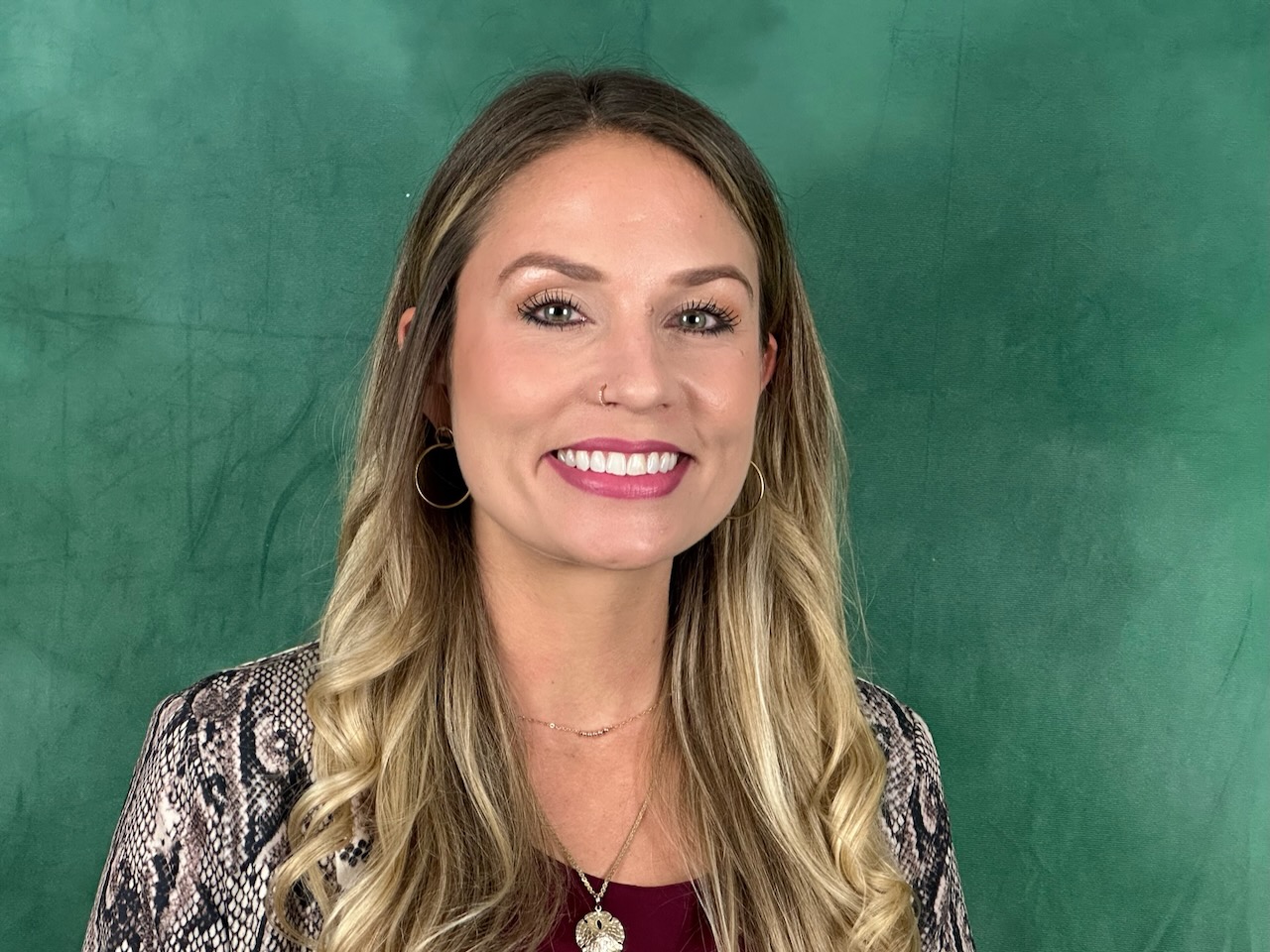
Are you having a hard time distinguishing between your teen having normal teenage stress or clinical anxiety?
Are they so stressed out that it’s affecting their grades, social life, and family relationships?
How are you supposed to know when to get them professional counseling help?
When your child is struggling, it can be tough to deal with as a parent. According to the National Institute of Mental Health, over 1 in 4 teens between the ages of 13 and 18 have a diagnosable anxiety disorder. While this prevalence can be alarming, it also means that you as a parent are not alone, and there are a host of resources available to you and your struggling teen. You may be wondering, “How do I know if my teen has an anxiety disorder?” And that’s a good question. It can be hard to discern the difference between normal “teenage angst” and an anxiety disorder.
While normal anxiety is an emotion you can expect to see in your teenager, when it’s persistentorvery intense and severe, it’s considered to be an anxiety disorder. This type of disorder is a serious mental health problem and affects how your teen thinks, feels and behaves.
Symptoms of Anxiety
With mental health disorders, like anxiety, it’s important to note that symptoms will be different from teen to teen. And, it’s even more important to note that not all symptoms have to be present for there to be a problem. This means that despite your best efforts, you may not realize your teen’s anxiety—don’t blame yourself. You know your child best, and here are some of the most common symptoms to look out for.

Emotional Symptoms of Anxiety
Anxiety disorders may cause the following emotional symptoms in your child:
- Constant agitation or restlessness
- Constant worrying
- Inability to relax
- Heightened sensitivity to criticism
- Social anxiety
- Extreme pessimism
- Skewed sense of perception (overreacting to seemingly small problems)
- Avoidance of taking on new challenges or situations
- Withdrawing from social activities
- Inability to get obsessive thoughts or images out of his/her head
Physical Symptoms of Anxiety
Anxiety disorders may cause the following physical symptoms in your child:
- Increased muscle tension
- Increased bathroom trips
- Adrenaline-like symptoms (racing heart, sweating, stomach aches/nausea)
- Problems sleeping
If you notice any of these symptoms occur for a period of two weeks or longer, you should contact the experts at McNulty Counseling and Wellness to obtain more guidance. Remember, you don’t need to witness all of these symptoms for there to be a problem.

Getting Professional Help
An anxiety disorder is unlikely to subside unless you have professional intervention. You should talk to your child and seek help as soon as you notice there’s a problem to get your child the help they need before the disorder gets out of control.
Options for professional help include:
- Your family doctor
- School counselor
- Mental health professional
What You Can Do As a Parent
It can be overwhelming and make you feel helpless not knowing what to do when your teen is suffering from anxiety. In addition to getting professional counseling for your teen, there’s a lot that you can do as a parent to help your teen. While we as professionals will help your teen in our therapy sessions, the best prognosis for anxiety treatment is a collaborative approach from family members at home. (We’ll give you the psychoeducation you need as a parent to best help your teen given their individual needs!) This can include creating a safe and nonjudgmental environment so they feel safe coming to talk to you about their anxiety. This can also include just checking in and letting them know you’re there for them. Finally, this can include creating a mindful and stress-free household as often as possible. It’s important for parents to be open-minded to receiving guidance from the clinician because teens respond so quickly to parental interaction. It may require some work for you as the parent which is why we provide parental support throughout the process.
Anxiety disorders are overwhelmingly common, especially in teens. Present-day teens are affected with more societal pressures than any previous generations. While your child is going through this tough time, it’s important to be supportive and communicative with them so that they know that they have the support they need to overcome this type of disorder.
About the Author

Lindsey Brooks is a Licensed Mental Health Counselor as well as a Registered, Board Certified Art Therapist specializing in children’s issues, teen and adult anxiety, and providing parenting support. She helps individuals and families improve their communication to build trust in their relationships and enhance emotional well being. Lindsey partners with the charities Hands Across the Bay and the Children’s Cancer Center to provide counseling services to victims of domestic violence and families affected by pediatric cancer. Understanding that words are often not enough, Lindsey offers Art Therapy as a primary or supplemental form of counseling to traditional talk therapy and believes in the inherently healing power of creating. Call today for a free consultation 727-344-9867!




